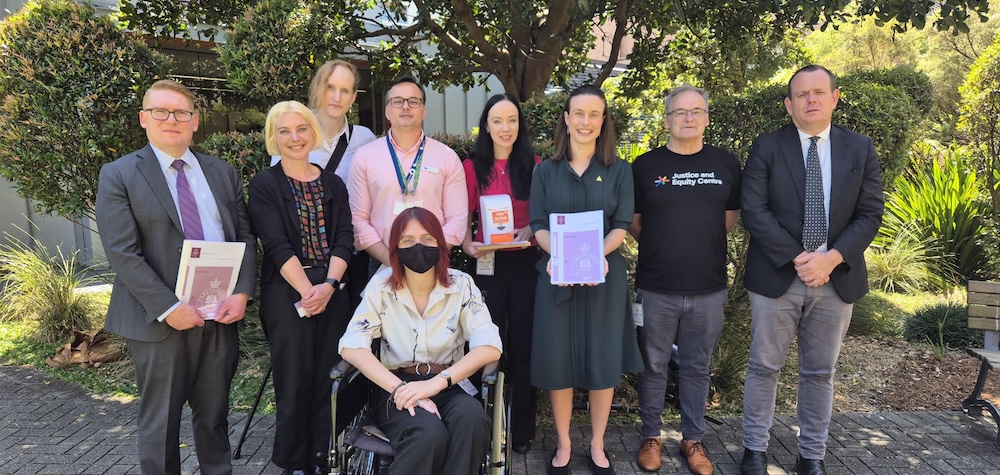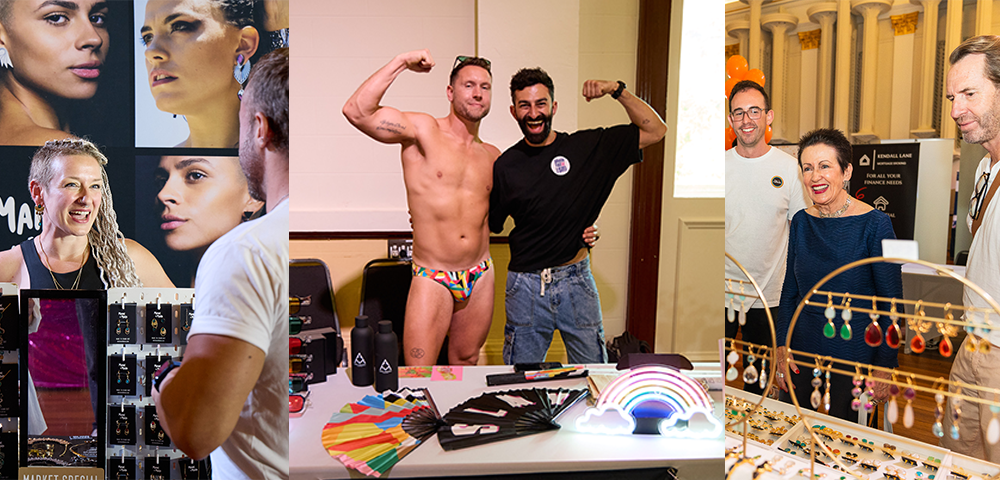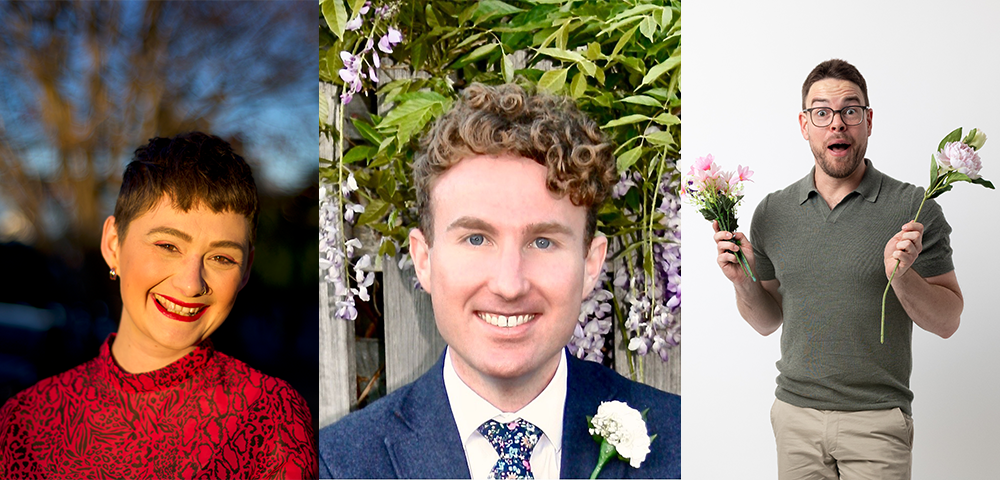
New hope for HIV vaccine
An effective vaccine against HIV could be on the market in 10 years following the discovery of three genetic variants that slow down the spread of the virus and postpone the onset of AIDS.
A team of Australian and international researchers conducted a full genome analysis of 486 HIV-infected people over an 18 month period and found some patients with particular gene variants in key immune system cells were able to control the virus after infection.
Senior paper author and director of the Centre for Population Genomics and Pharmacogenetics at Duke University David Goldstein said the results pointed to potential new mechanisms of control.
He said the researchers were now looking for more gene variants to provide more information on how some people are better able to control the virus than others.
This should ultimately lead to novel targets for vaccines, Goldstein said.
Team member Dr Simon Mallal, director of the Institute for Immunology and Infectious Diseases at Perth’s Murdoch University, said the search for a vaccine was still an enormous challenge.
Providing we receive good levels of investment into research, and we continue to do our research in a very highly collaborative way, then I would hope to see an effective vaccine in 10 years, he said.
But it is going to be a process -“ the first trials will be disappointing.
According to the researchers, two of the variants found were in genes controlling the human leukocyte antigen (HLA) system, which plays a major role in the immune system by identifying foreign invaders and tagging them.
When the HIV virus enters the body, it turns off two of the HLA genes, HLA-A and B. The virus, however, cannot turn off HLA-C.
Goldstein said the new research found that, in some individuals, HLA-C was able to control the HIV virus. Therefore a vaccine that can elicit an HLA-C mediated response may be unable to be defused by the HIV virus.
ACON chief executive Stevie Clayton said it was incredibly exciting to see a whole new area of science opening up, which could help in the fight against HIV.
Despite the fact that there are a few vaccines being trialled around the world, most people who work in HIV are losing faith that we are going to get a vaccine at all, she said.
So an opportunity like this creates enormous potential for a vaccine that may well work where the others have failed. It is definitely exciting, but it is also really important for people to realise that it is not just around the corner.
The research was conducted by CHAVI, the Centre for HIV/AIDS Vaccine Immunology, and represented a $300 million grant from the US federal government through the National Institute of Health.









